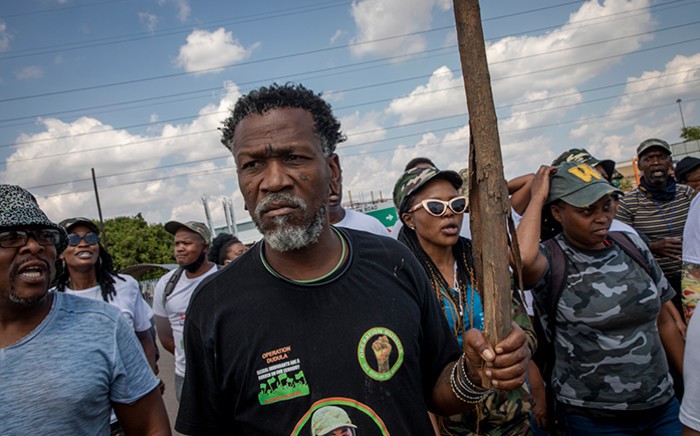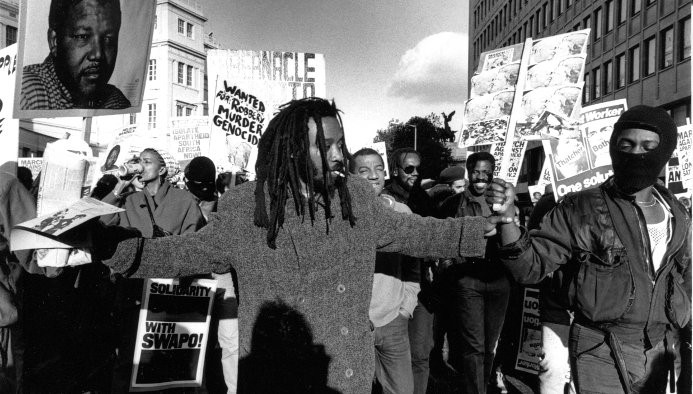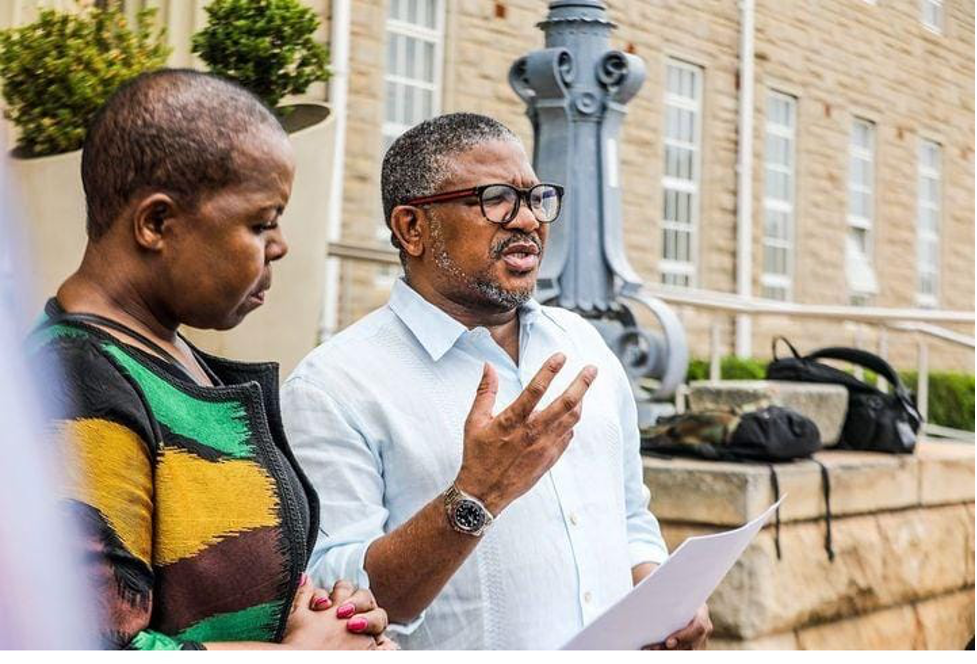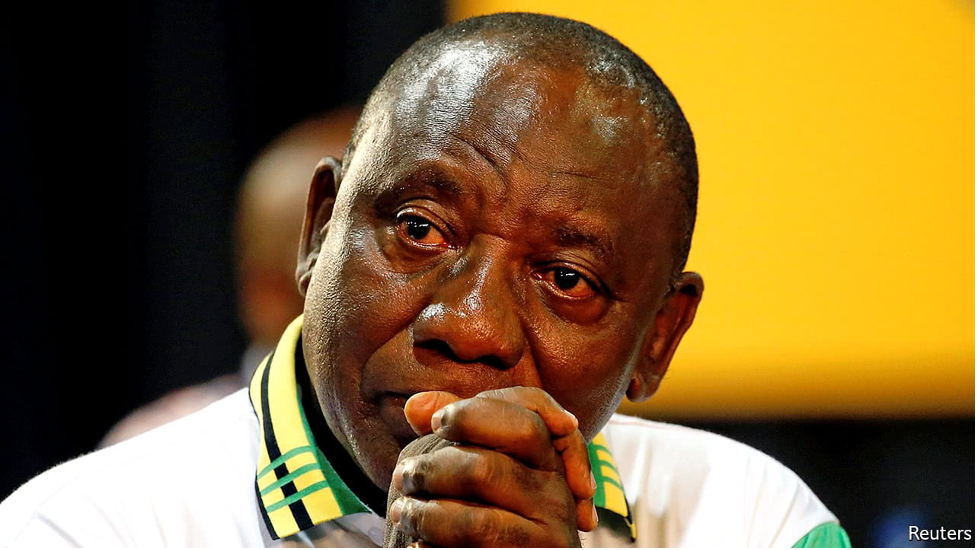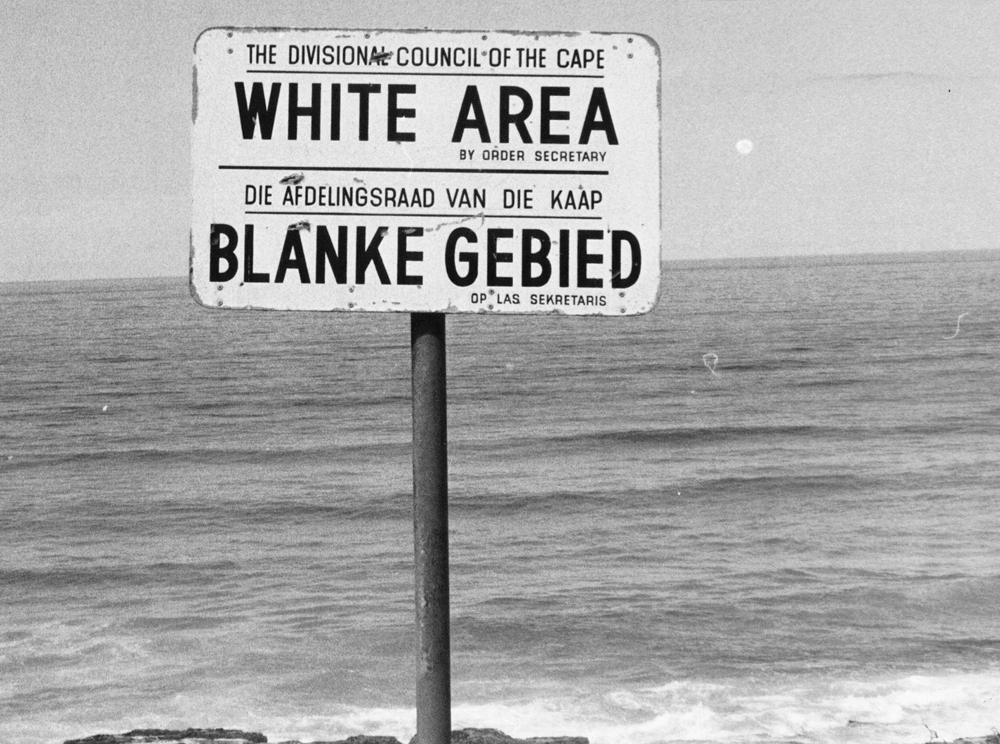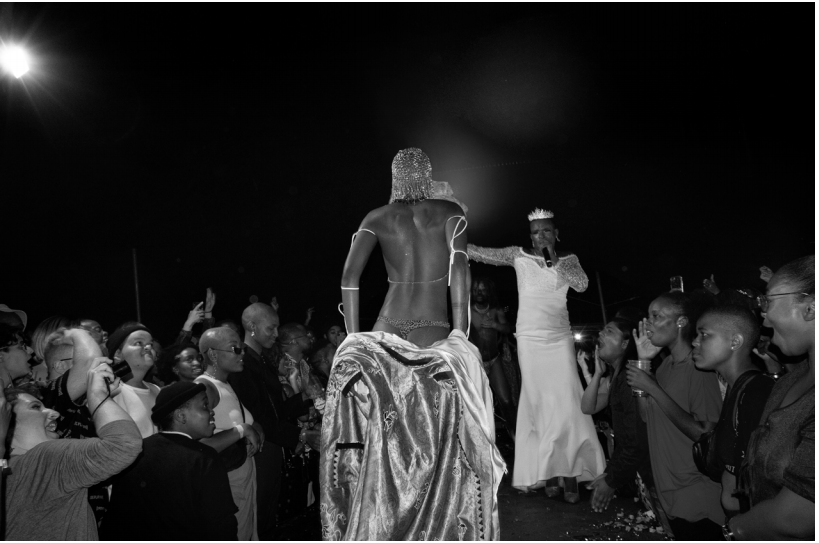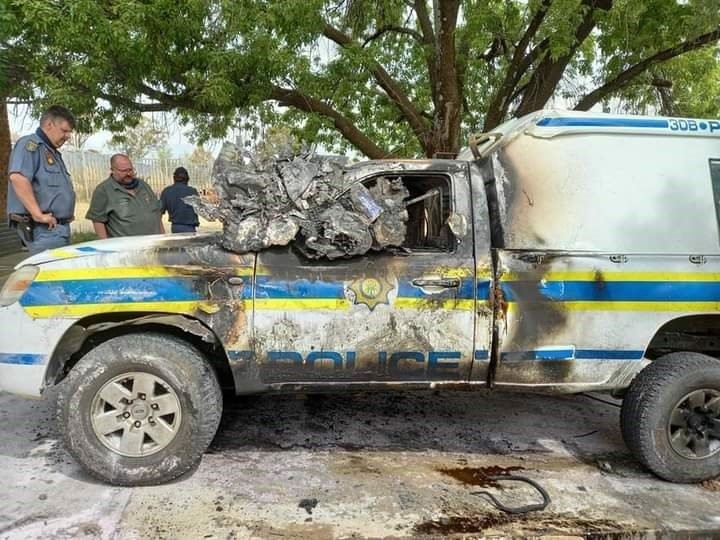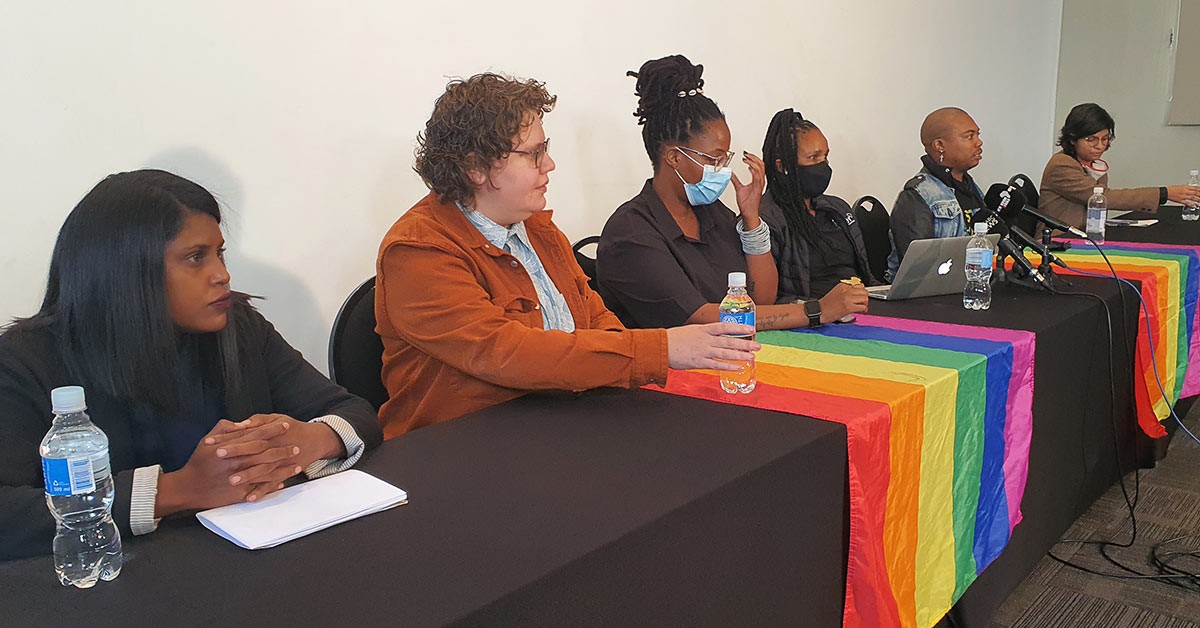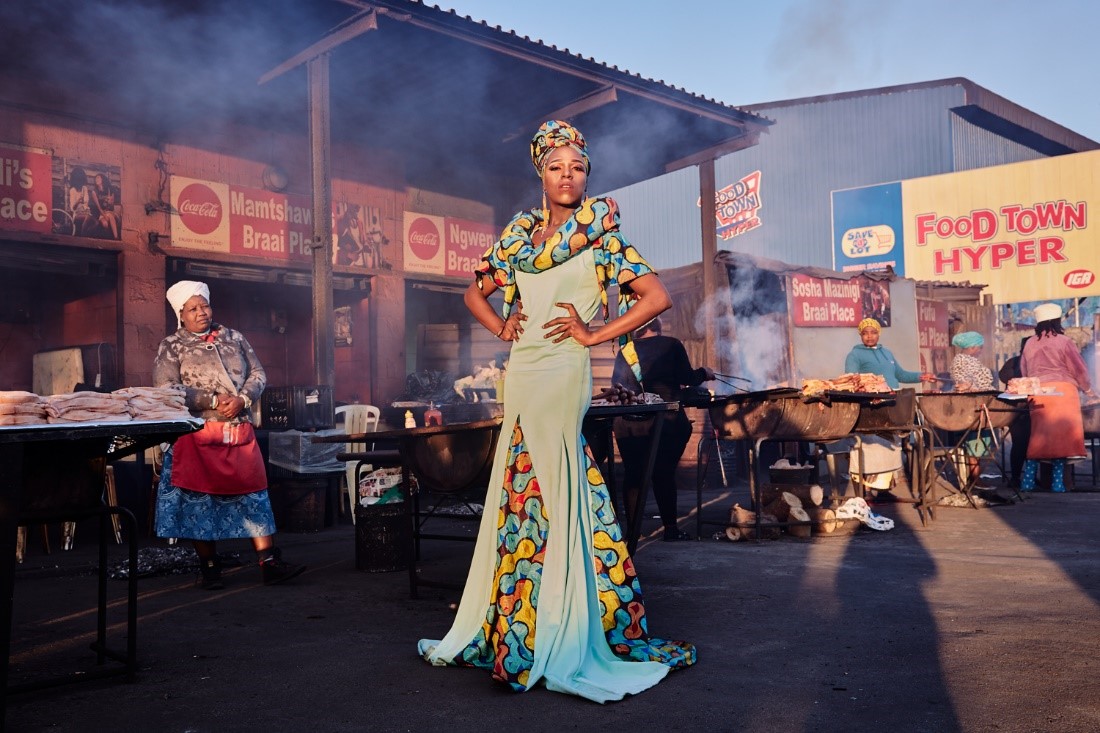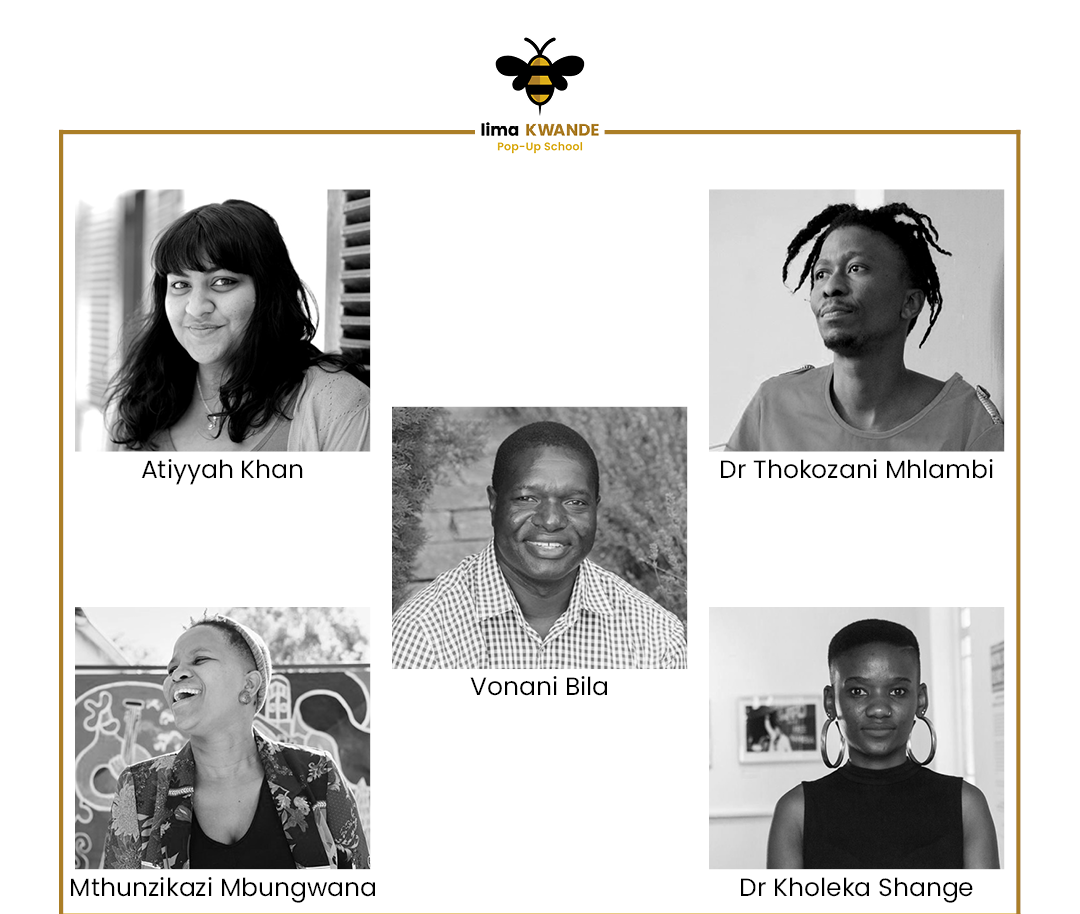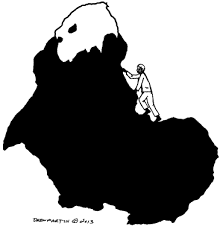The activities of the Operation Dudula movement and mixed responses to it expose little appreciation of the systemic, structural and institutional dynamics around the tensions between the Black political and economic migrants and the local Black communities. The first issue to tackle in this regard is sensitivity to the language that we use to describe the citizenship status of people. The concepts of political and economic migrants and naturalized citizens are sufficient as descriptors of the citizenship status of individuals who are not South African born citizens instead of terms such as foreigners and foreign nationals, which carry othering and alienating undertones that portray the very presence and being of people in the country as objectionable, offensive and unpleasant. Labelling political and economic migrants as foreigners while referring to foreign capital as the global market or as investors speaks much of the tendency to embellish the social, economic, cultural and political value of capital at the expense of downplaying and disregarding the value of workers and the under-classes as producers and consumers and their contributions as social, political, economic and cultural beings.
Capital and the establishment are scared that if migrancy leads to and is utilized to facilitate the organic exchange of social, political, economic and cultural experiences and the sharing of disenchantment against governments and the corporates and exchange of how communities navigate their way around the gated economy and the vampire system, it will accentuate the globalization of resistance and become a podium of organic, grassroots-based people-to-people solidarity. To avert this, capital and the social and political elites engage in overt and covert ways sowing division and competition between immigrants and local communities. This is done mainly by exploiting the vulnerability of poor immigrants to turn them into either cheap labour that acts as a buffer between capital and the local under-classes or as fronts of both legal and illicit economic activities of the established business.
The establishment deliberately ignores the distinction between the key major forms of migration, namely invasion, conquest, colonization and emigration/immigration. It uses all sorts of propaganda to embellish the problems and challenges associated with emigration \ and immigration and gloss over the problems and challenges associated with the legacies and continuities of invasion, conquest and colonization. Furthermore, the propaganda of the state, the corporates, the media and the miseducation of academia deny citizens an appreciation of the complexity of the distinction and correlation between involuntary migration that results from running away from political conflict or natural disaster, voluntary migration in the form of economic or labour migration, and forced migration in the form of the movement of refugees and people displaced by wars and conflict, environmental, chemical and nuclear disasters, famine and development projects. This is exacerbated by a lack of civic education\political literacy on the positive and negative causes and effects of migrancy,
the politics and economics of social identity and the competing socio-political and economic agendas behind and around the movement of people and capital in the epoch of market fundamentalism, right-wing nationalism\fascism, globalization of structural poverty, unemployment and inequality, neoliberal capitalist squeeze on jobs and social services, misgovernance, minimalist government, and withdrawn, disappeared or privatized states.
The realities of globalization, uneven development and human rights violation and political persecution is that people generally move or are forced to move from less socio-politically and economically stable countries to relatively stable countries and from more impoverished to relatively better-off parts of the country to obtain sufficient income for survival or physical and social security. On the one hand, the political economy of South Africa is centred on and entrenches a structurally racially-based polity, and the continuities and in many respects emblazoning of the apartheid geography and the apartheid economy that is characterised by a disarticulation between parts of the economy and enclaves of opulence around a sea of abject scarcity and squalor in which Black people continue to be squeezed in the intersection between race and class and in which Black women continue to be devastated by the intersection between race, capital and patriarchy and all sorts of related violence. This explains why the levels of vulnerability related to migrancy are among Black immigrants and that the competition for scarce resources and violent responses to sections of the immigrant community that are involved in acts of criminality is mainly between the Black immigrants from Africa and Indo-Pakistan and the local African community than between the local African community and the immigrant community from Europe and China, which mostly do its legal and illicit business activities and acts of criminality in the comforts and safety of suburbia and sophisticated security measures.
If the Economic Freedom Fighters (EFF) was informed by this scientific analysis when it was reported that its former Branch Secretary who is now its ordinary member is threatening to take Nhlanhla Lux Dlamini to court over an allegation that he was involved in beating their member on allegation of him being a drug peddler, its first and gut response would have been to facilitate for engagement between the leadership of EFF and the leadership of Operation Dudula. This would have provided an ideal opportunity to not only get to the bottom of the matter but would also be an opportunity for critical and robust engagement between the two groups that both claim to prioritize the collective interests of Black people and maybe create a re-conscientizing and consolidation moment to redirect the focus and strategy and tactics of Operation Dudula. This would have been a good opportunity for the two groups to explore a common and middle-ground and innovative solution to mediate the protection of the rights, dignity and wellbeing of both the immigrant community and South African citizens, with the isolation and targeting of criminal elements within the immigrant community, an attack on the proclivity of capitalists’ disregard of the regulatory framework that requires them to ensure that the employment of political and economic immigrants is not to the detriment of the local Black community and ensuring that the immigrants doing business do so within the limits and de-limits of the law and not to the detriment of the development of local Black business. That the two groups chose to be at each other’s throats betrays their low level of political literacy and how territorialism, partisan politics and “organizational nationalism “constitute barriers to Black Solidarity for Black power”.
A proper diagnosis of the situation points to the following realities:
- A predominately anti-Black big business that thrives on underhand ‘mass employment’ and super-exploitation of Black political and economic immigrants to cut the cost that comes with both the employment of South African citizens and the proper employment of political and economic immigrants. (NB: The Black political and economic immigrants in South Africa are so underpaid and subjected to sub-human and substandard conditions of work that effectively they are in a condition of under-employment, and some instances, sheer slavery, rather than employment.)
- A Black immigrant community that consists of (a) poor and desperate underclass people who do not have the currency nor the agency to resist slavery wages and in some instances are prone to be used as fronts for both the legal and illicit businesses of Europeans and people of Asian origin, (b) rogue elements who take advantage of the absolute lack of government and an absence of organs of people’s power in Azania to make riches out of drugs, human trafficking and other acts of criminality, (c) political and economic migrants who are trying to make an honest living in South Africa as employees, professionals, hawkers and business people.
- Black people who are collectively marginalised, disregarded and de-humanised by both the government\state and big capital, who compete with Black political and economic immigrants for meagre wages and minuscule business activities, while White immigrants and the white settler community – as a collective- and their newly found friend, the Black social and political elite, live in luxury and security, in gated communities and behind electric fences.
There are three kinds of prominent and highly publicised responses from the Black Community to this situation:
- A group that insists that we must focus on attacking White Monopoly Capital and forget about the Black middle-men and middle-women who are the ones who directly administer and inflict all sorts of physical and socioeconomic violence against the Black community, forget that capital cannot move an inch without the protection it gets from the government of the day and the ruling party. This group argues that we must sort out monopoly capital first, we will then sort the government and Black lackeys of imperialism or the Blacks who mete violence on Black people later.
- A group that insists that we must focus on attacking the government of the day and forget about big capital or that we will sort out big capital after sorting out government.
- A group that insists that the focus must be on chasing the political and economic immigrants out of the townships and not on confronting the systemic, structural and institutional arrangements that expose Black people – both immigrants and South African citizens to various forms of oppression, marginalization, brutalization, dehumanization and violence. The irony is that amongst this group are those who sacrificed limb and body to protect the malls predominately housing businesses of mainly white-owned businesses and are reportedly funded by the captains of capital.
The revival of radical popular education, political literacy \ civic education, and popular theatre that makes people aware of the link between the political economy of migrancy and broader social, political and economic issues and facilitate innovative exchanges, collaborations, networking, political solidarity and solidarity economy initiatives between the Black immigrant communities and the local Black communities can be the starting point towards attacking this high level of political illiteracy and ideological kwashiorkor that manifests itself in knee-jerk and ill-disposed responses to political and economic migrancy. This should include the establishment of a coalition of social, cultural, political, professional and business organizations of the Black immigrant communities and local organizations focused on developing innovative campaigns and strategies and tactics against all forms of anti-Black oppression and all forms of weaponization of the black body against black bodies. In short, dealing with the tensions and challenges around migrancy requires a comprehensive and integrated strategy that entails:
- The establishment of revolutionary grassroots-based organs of popular democracy and people’s power (e.g., street committees, defence committees, community policing forums, peoples’ court, guerrilla theatre, radio and film) - with mechanisms to avert and root out excesses from our experience of experimentation with organs of people’s power in the late 1980s and early 1990s.
- Radical acts of civil disobedience to hold government and politicians accountable, and campaigns for radical reorganization, the transformation of criminal justice and policing system, and advancement of customs, border control and intelligence, surveillance and reconnaissance systems.
- Clampdown on businesses involved in irregular, illegitimate and exploitative employment of political and economic migrants.
- Long-term strategy on the socio-political and economic stability of Southern Africa and the Global South, on bridging the urban-rural socioeconomic development divide in South Africa, social development and economic development trajectory that overhauls the structures of racial-capitalism.
*Mphutlane wa Bofelo is a South African cultural worker, training and development facilitator and scholar of Governance and Political Transformation whose work is influenced by socialist humanism, Black Consciousness and Anarcho-Sufism.

